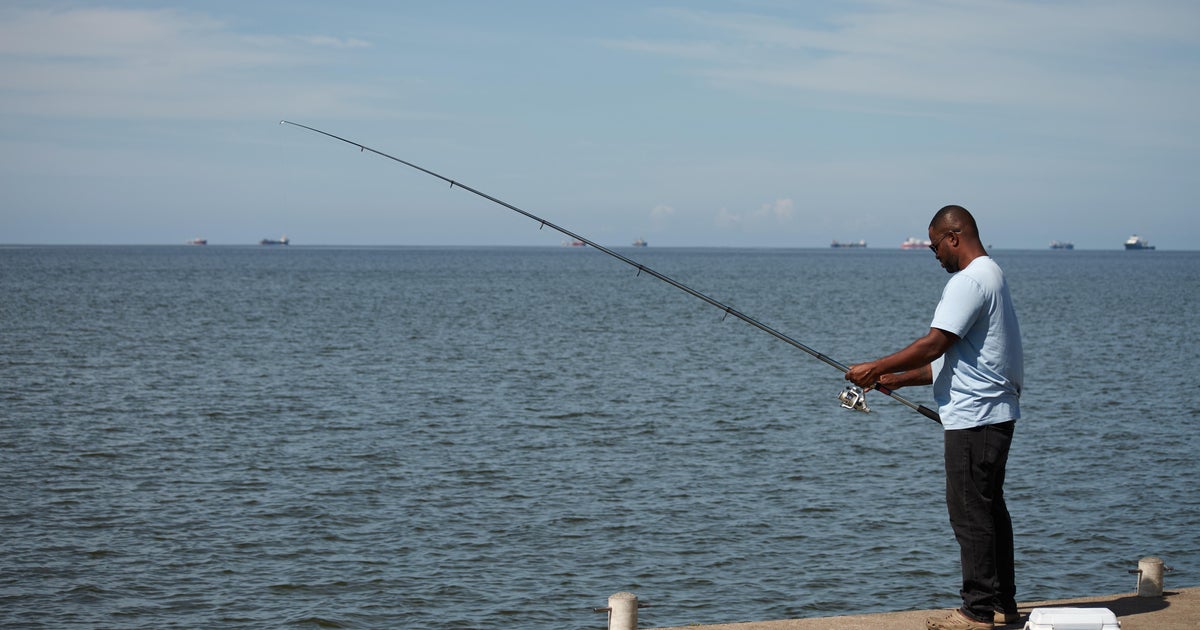At approximately 4:50 p.m. on Friday, a gunman opened fire at the Centers for Disease Control and Prevention headquarters in Atlanta. The attack left bullet holes in office windows and claimed the life of DeKalb County police officer David Rose. Authorities believe the shooter, Patrick Joseph White, may have been motivated by anti-vaccine sentiment, blaming the CDC for personal health complications allegedly tied to the Covid-19 vaccine.
While there is still much we do not know, one thing is clear: This tragedy is not an isolated event. It is a dire reflection of ever-escalating threats public health workers face in a climate increasingly shaped by misinformation, politicization, and inflammatory rhetoric.
Worse still, it took more than 18 hours for Health and Human Services Secretary Robert F. Kennedy Jr. to issue a public statement condemning the violent act. In that time, I personally heard directly from CDC employees — already demoralized by DOGE-led budget and staffing cuts — who felt abandoned by the very leadership meant to defend them.
Leadership in moments of crisis is critical. Kennedy’s delayed and tepid response, coupled with his own record of inflammatory claims, has only deepened the wounds and amplified a dangerous sense of betrayal among America’s frontline public health workers.
As a former U.S. surgeon general, I’ve seen firsthand how trust in public health can unravel. Recently, Kennedy made headlines by announcing the defunding of mRNA vaccine research, falsely claiming these vaccines are inherently dangerous. Such statements don’t just mislead — they endanger lives. When influential leaders dismiss decades of rigorous scientific work, they erode public confidence and embolden those primed to view health professionals as enemies rather than protectors.
The CDC shooting is part of a growing and deeply disturbing trend. In February 2025, a shooting at UPMC Memorial Hospital in York, Pennsylvania, left another police officer dead and injured multiple health care workers. The American Nurses Association reports that one in four nurses experiences workplace violence — rates that surpass those for law enforcement or correctional officers. In December 2024, UnitedHealthcare CEO Brian Thompson was murdered, followed by a flood of online vitriol, much of which disturbingly framed the act as justified outrage against the health care system.
What ties these events together is not just the violence — but the context that enables it. Repeated rhetoric from influential voices, including Kennedy and his supporters, has portrayed health professionals as corrupt, untrustworthy, or outright malicious. They’ve been labeled “grifters,” “enemies of the people,” and worse.
One particularly telling — and troubling — comment came from Vinay Prasad, a high-level FDA official handpicked by Kennedy. (He recently left his position only to return weeks later.) After being asked whether Americans should forgive public health figures for their missteps, Prasad responded: “I don’t believe in forgiveness because in my opinion these pieces of shit are still lying.” This raw, venomous language from a senior public official doesn’t just reflect deep frustration — it helps fuel a culture of dehumanization that may instigate real-world violence.
This climate of hostility has been building for years, particularly around vaccines and Covid-19 mitigation measures. A key example is the 2019 measles outbreak in Samoa, where 83 people — most of them children under 5 — died after vaccination rates fell sharply. RFK Jr.’s visit and messaging during that crisis were widely criticized; Samoa’s top health official called his assertions that the deaths weren’t due to measles “a complete lie,” and accused his rhetoric of fueling further public distrust in immunization. Health experts confirm his influence worsened a situation already primed for misinformation.
When influential figures amplify falsehoods, they legitimize the anger that leads to violence. Public health professionals, from CDC scientists to local health officials, face harassment, threats, and now gunfire for doing their jobs. This is unacceptable, yet the administration has offered a late and lukewarm condemnation of the shooting, and has thus far failed to address the rhetoric fueling it.
What can — and must — be done now:
- Leadership must speak up. The administration must forcefully and unequivocally condemn rhetoric that vilifies public health professionals. Public trust starts with leaders affirming the value of science-based public health — and the people behind it.
- Stop scapegoating. Leaders should stop misdirecting public frustration about systemic health challenges toward the individual health professionals trying to solve them. Demonizing doctors, scientists, and public health agencies fuels violence and delays solutions.
- Protect health care workers. Congress should immediately pass the Workplace Violence Prevention for Health Care and Social Service Workers Act, which would require comprehensive violence prevention plans in health care settings, including better training, incident tracking, and protections for workers.
- Fund solutions, not slogans. In 2024 then-Surgeon General Vivek Murthy declared gun violence a public health emergency, citing over 48,000 gun-related deaths in 2022. Whether or not one agrees with that classification, the numbers — and now targeted attacks on public health institutions — demand real action. We must fund research and prevention strategies, not just arm more “good guys with guns” or offer thoughts and prayers.
Public health workers are not the enemy. They are our neighbors, our caregivers, our scientists, and our first line of defense in future crises. The CDC shooting should be a wake-up call — not just for policymakers, but for all of us. It’s time to reject the rhetoric that dehumanizes those trying to keep us safe and take real steps to protect them.
Let’s honor Officer Rose and every public health worker facing these mounting threats — not just with words, but with action. Before the next tragedy strikes.
Jerome Adams, M.D., M.P.H., is a distinguished professor at Purdue University and former U.S. surgeon general.
Source link
